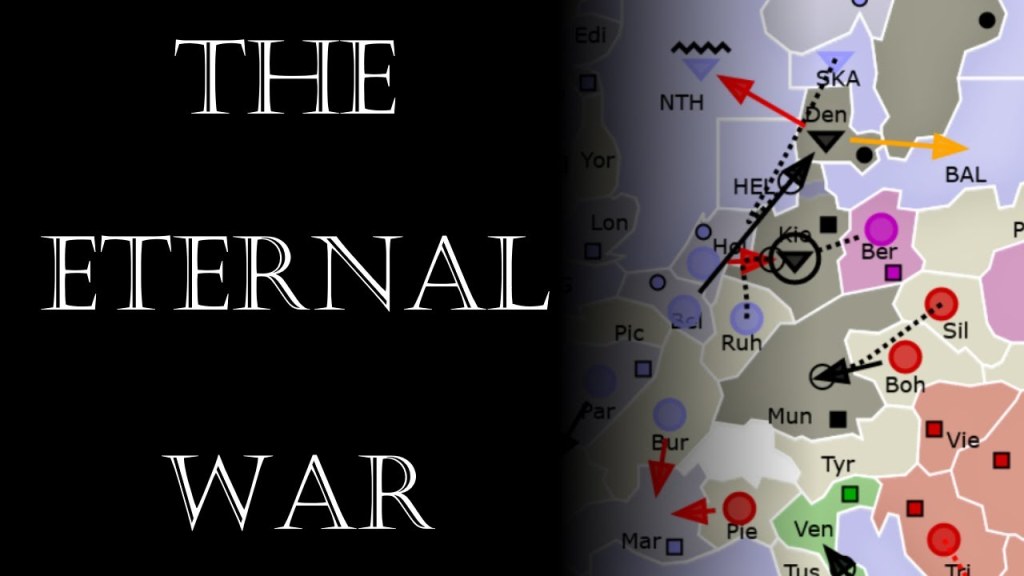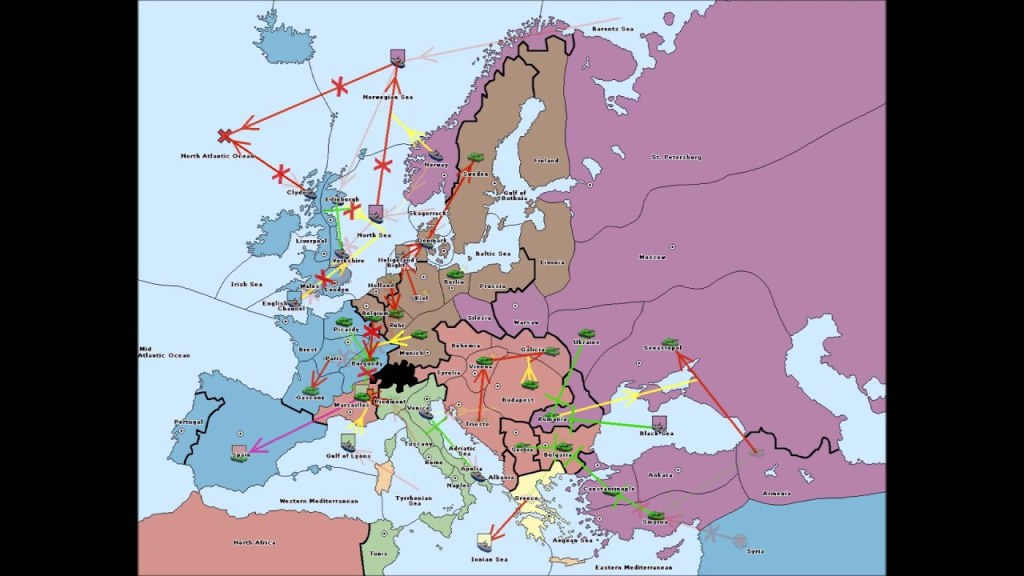2012 Diplomacy World Cup: Bridging Nations and Cultures
Introduction
Dear readers,
Welcome to this article where we will delve into the fascinating world of the 2012 Diplomacy World Cup. As the most prestigious international diplomatic event, this tournament showcases the power of diplomacy in fostering global unity and cooperation. In this article, we will explore the key aspects of this remarkable event, including its significance, participants, timeline, locations, reasons behind its establishment, and the strategies employed by participating nations. So, let’s embark on this enlightening journey together!
What is the 2012 Diplomacy World Cup?
The 2012 Diplomacy World Cup was a monumental international event that brought together nations from across the globe to compete in a unique diplomatic tournament. Inspired by the spirit of cooperation and dialogue, this tournament aimed to foster peaceful relations, bridge cultural gaps, and promote mutual understanding among nations.
Who Participated in the 2012 Diplomacy World Cup?
The tournament featured participation from 32 nations, each represented by a team of skilled diplomats and negotiators. These participants hailed from diverse backgrounds, including government officials, diplomats, scholars, and professionals, all united by their passion for diplomacy and international relations.
When Did the 2012 Diplomacy World Cup Take Place?

Image Source: ytimg.com
The 2012 Diplomacy World Cup took place from June 10th to July 15th, 2012. The tournament spanned over several weeks, allowing participants to engage in extensive diplomatic negotiations, strategic planning, and alliance-building.
Where Did the 2012 Diplomacy World Cup Take Place?
The tournament was hosted in multiple cities around the world, with each stage held in a different country. These diverse locations served as symbolic venues for diplomatic dialogue and cultural exchange, highlighting the importance of global cooperation and understanding.
Why Was the 2012 Diplomacy World Cup Established?
The 2012 Diplomacy World Cup was established with the aim of creating a platform for nations to engage in peaceful diplomatic interactions. By encouraging dialogue and negotiation, this tournament sought to resolve conflicts, strengthen international relations, and foster a sense of global unity.
How Did the 2012 Diplomacy World Cup Work?
During the tournament, teams engaged in a series of simulated diplomatic negotiations, where they strategized, bargained, and formed alliances to achieve their national objectives. The participants utilized their diplomatic skills, negotiation tactics, and cultural understanding to navigate complex international issues and secure favorable outcomes for their respective nations.
Advantages and Disadvantages of the 2012 Diplomacy World Cup
Advantages:

Image Source: rgstatic.net
1. Enhanced Diplomatic Skills: The tournament provided a valuable platform for diplomats to sharpen their negotiation skills, cultivate cultural sensitivity, and gain a deeper understanding of international affairs.
2. Strengthened International Relations: The interactions and alliances formed during the tournament contributed to stronger diplomatic ties and improved cooperation between nations.

Image Source: ytimg.com
3. Peaceful Conflict Resolution: The focus on diplomacy and negotiation fostered a peaceful approach to resolving conflicts, promoting stability and harmony on the global stage.
4. Cultural Exchange: The tournament served as a melting pot of cultures, enabling participants to learn from one another and celebrate the diversity of our world.
5. Global Unity: The tournament showcased the power of diplomacy in bringing nations together, emphasizing the importance of collaboration and mutual understanding in addressing global challenges.
Disadvantages:
1. Intense Competition: The high-stakes nature of the tournament could potentially strain diplomatic relations and create a competitive environment that goes against the spirit of cooperation.
2. Limited Representation: While the tournament featured a diverse range of nations, it is important to ensure fair representation from all regions to avoid potential biases or imbalances.
3. Time and Resource Constraints: Hosting the tournament across multiple locations and ensuring logistical arrangements can be a significant investment of time, energy, and resources.
4. Potential for Miscommunication: Given the complexity of international negotiations, miscommunication or misunderstanding between participants could hinder productive dialogue and compromise outcomes.
5. Limited Impact on Real-World Diplomacy: While the tournament provides a valuable learning experience, its direct impact on real-world diplomatic relations may be limited. It is crucial to translate the lessons learned into actionable policies and initiatives.
Frequently Asked Questions (FAQ)
1. What is the eligibility criteria for participating in the 2012 Diplomacy World Cup?
Participants were selected based on their diplomatic experience, expertise, and demonstrated commitment to promoting peaceful relations among nations.
2. How were the winners determined in the tournament?
The winners were determined based on a combination of factors, including the number of successful negotiations, alliances formed, and the ability to achieve national objectives while maintaining positive diplomatic relations.
3. Is the Diplomacy World Cup held annually?
The Diplomacy World Cup is not held annually. It takes place periodically, allowing ample time for diplomatic preparations and ensuring the participation of highly skilled diplomats from around the world.
4. Are there any diplomatic strategies unique to the Diplomacy World Cup?
Yes, the Diplomacy World Cup encourages participants to employ innovative diplomatic strategies, such as coalition-building, public diplomacy, and cultural diplomacy, to achieve their national interests.
5. How can I get involved in future Diplomacy World Cup events?
To get involved in future Diplomacy World Cup events, individuals interested in diplomacy and international relations can explore opportunities to participate in diplomatic training programs, engage in diplomatic simulations, and stay updated on international events and initiatives.
Conclusion
In conclusion, the 2012 Diplomacy World Cup stands as a remarkable testament to the power of diplomacy in bridging nations, cultures, and perspectives. By fostering peaceful dialogue, promoting cultural exchange, and strengthening international relations, this tournament has left a lasting impact on the global diplomatic landscape. As we reflect on the achievements and challenges of the 2012 Diplomacy World Cup, let us continue to strive for peaceful resolutions, open dialogue, and cooperation in our ever-evolving world.
Final Remarks
Disclaimer: The views and opinions expressed in this article are solely those of the author and do not necessarily reflect the official policies or positions of any organizations or entities mentioned. The information provided is for general informational purposes only and should not be construed as professional advice. Readers are advised to seek professional guidance and conduct further research before making any decisions or taking any actions based on the information provided herein.